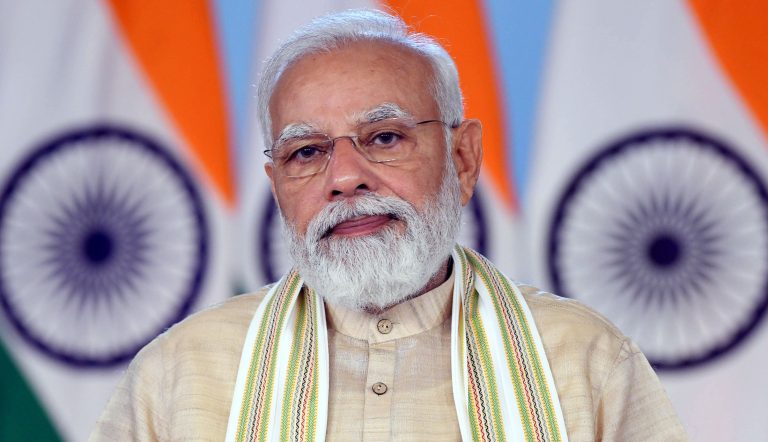Jaitley’s fifth is a please-all Budget, almost
February 01, 2018
A slew of measures for the agriculture and rural sectors, a new health insurance scheme for the poor and some relief in income tax for the salaried class and senior citizens, were announced by Finance Minister Arun Jaitley today in the last full budget before the general elections.
He lowered the corporate tax for small, micro and medium enterprises with turnover of up to Rs 250 crore to 25 per cent from current 30 per cent, while reintroducing the tax on long term capital gains of over Rs 1 lakh made from the sale of shares.
While keeping the income tax rates and slabs unchanged, Jaitley introduced a Rs 40,000 Standard Deduction for salaried employees and pensioners in lieu of transport and medical expenses.
For senior citizens, exemption of interest income on bank deposits was raised to Rs 50,000 from the current Rs 10,000, he said, adding that tax will not be deducted at source on fixed deposits.
Also, exemption on medical expenses on critical illness has been raised to Rs 1 lakh, he said in his 110-minute speech.
Jaitley said a 10 per cent tax long on capital gains exceeding Rs 1 lakh made from the sale of shares has been introduced but those made till January 31 would be grandfathered.
A 10 per cent tax on distributed income by equity oriented mutual funds has also been proposed in the budget.
With excise duty and service tax being subsumed in the Goods and Services Tax (GST), Jaitley made changes only in customs duty — raising them in case of mobile phones and lowering for raw cashew.
Stating that the focus of the government in the coming fiscal would be agriculture and rural India, the finance minister announced that all Kharif crop would be paid a minimum support price (MSP) that is 50 per cent more than the cost of production.
He announced that credit to agriculture would be raised to Rs 11 lakh crore in the coming fiscal from Rs 10 lakh crore.
The Kisan credit card will be extended to fisheries and animal husbandary farmers while Rs 2,000 crore provided for development of agri market.
In a bid to provide universal healthcare, he announced a ‘National Health Protection scheme’ to provide health cover of upto Rs 5 lakh to each of the 10 crore poor family per year.
But to fund these, he let go on the fiscal consolidation roadmap. As a result, fiscal deficit for current fiscal will widen to 3.5 per cent of the GDP as against 3.2 per cent previously targeted, and to 3.3 per cent in FY’19 as opposed to 3 per cent previously targeted.
Fiscal deficit in 2016-17 was 3.5 per cent of the GDP.
“We have worked sincerely without thinking about the political cost,” he said.
Jaitley also announced 100 per cent tax deduction for farm producer firms with Rs 100 crore turnover. The standard deducation allowed will benefit 2.5 crore people.
The target for providing free LPG connection to poor has been raised to 8 crore from 5 crore and 4 crore poor households will be provided free electricity connections.
The President’s emoluments have been raised to Rs 5 lakh per month and that of vice president to Rs 4 lakh and governors to Rs 3.5 lakh a month.
For members of Parliament, he announced a new law that would allow for automatic revision in their emoluments every five years based on inflation.
He said the focus will be on agri sector, infrastructure and education sector as he promised to provide education holistically without segmentation from pre-nursery to Class-12 and move from black board to digital board.
The emphasis would be on generating higher income for farmers. Our government wants to help farmers produce more and realise higher prices, Jaitley said.
Stating that crop production is at a record high, Jaitley said the government is committed to giving 50 per cent more than cost of crop production to farmers.
He said when the NDA government took over, India was considered one of the fragile five economies of the world and the Modi-led government have reversed it.
“India is today fastest growing economy… India is today a USD 2.5 trillion economy and will become fifth largest economy in the world from the present seventh largest,” he said, projecting exports growth at 15 per cent.(Agencies)






